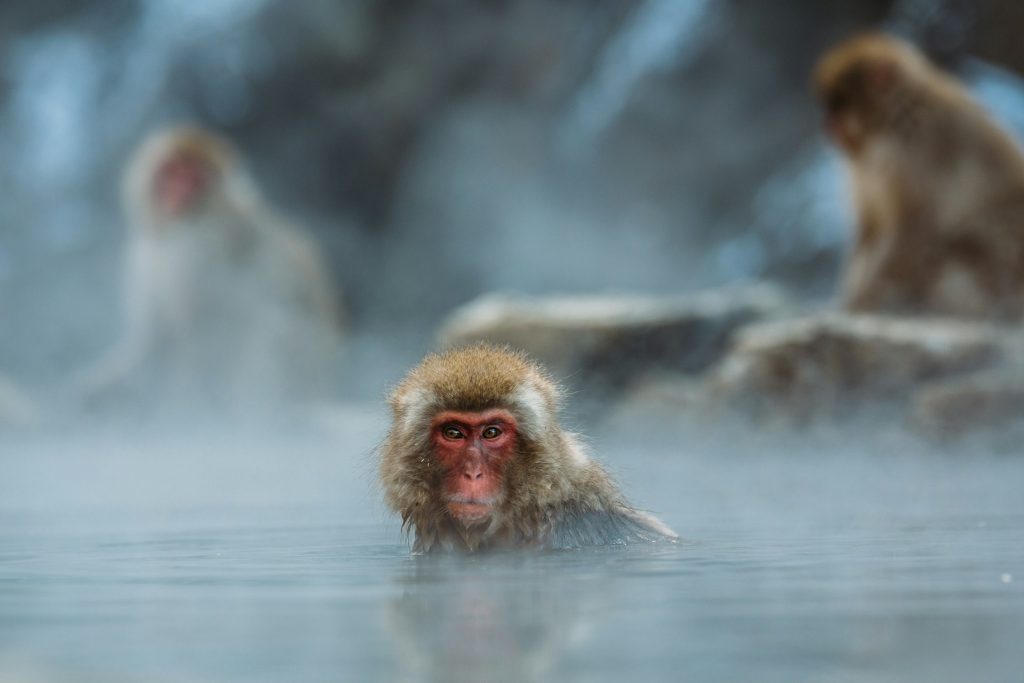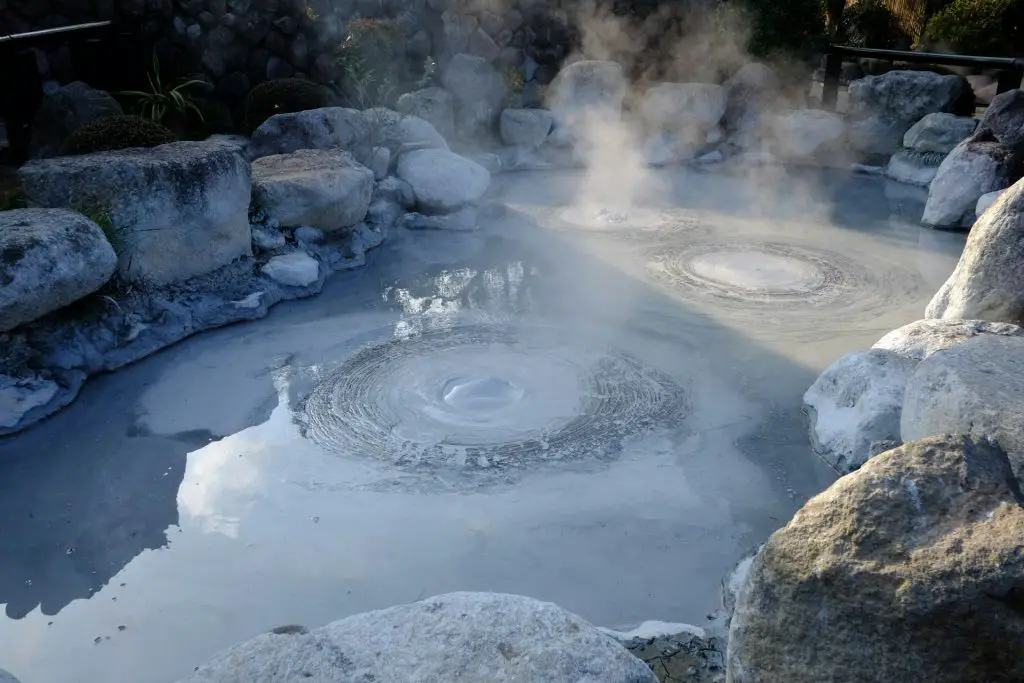A recent study published in the Journal of Alternative and Complementary Medicine found that soaking in natural hot springs can significantly reduce chronic pain and improve sleep quality. This echoes the age-old tradition of seeking out hot springs for relaxation and rejuvenation. But what exactly is the science behind this therapeutic practice?
For millennia, people have flocked to geothermal hot springs for their reputed healing powers. From the Romans in Bath, England to the Japanese onsens, these natural wonders have been enjoyed for their comforting warmth and sense of wellbeing. Today, modern science is starting to shed light on the therapeutic benefits of hot spring therapy.

Mineral Magic: The Composition of Hot Springs
Peninsula Hot Springs Fingal, a geothermal paradise located on Australia’s Mornington Peninsula, is a prime example of a natural hot spring oasis. The mineral-rich waters at Peninsula Hot Springs Fingal, and other hot springs around the world, are believed to be key to their therapeutic effects.
Common minerals found in hot springs include lithium, calcium, magnesium, and sulfate. These minerals are thought to interact with the body in various ways, promoting relaxation, reducing inflammation, and improving circulation.
Heat Healer: Physiological Effects of Soaking
Submerging yourself in hot spring water triggers a physiological response in the body. The heat causes blood vessels to dilate, increasing blood flow and circulation. This improved circulation can deliver more oxygen and nutrients to your tissues, potentially aiding in muscle recovery and reducing pain.
Soaking in hot springs can also lower blood pressure and heart rate, promoting a deep state of relaxation.
Beyond Relaxation: Relief from Specific Conditions
Several studies suggest that hot spring therapy may offer relief from specific ailments. Research shows that soaking in hot springs can be beneficial for people with arthritis. The buoyancy and warmth can help ease joint pain and stiffness, while the minerals may further reduce inflammation.
Additionally, there is some evidence that sulfur-rich hot springs may improve symptoms of psoriasis, a skin condition characterized by red, itchy patches.

Mind and Body Connection: The Power of Relaxation
The therapeutic benefits of hot springs extend beyond physical effects. Soaking in warm water can be incredibly calming, promoting relaxation and reducing stress. This mind-body connection is crucial for overall health and well-being.
Chronic stress can exacerbate many health problems, so finding healthy ways to manage it is essential. The tranquility of a natural setting, often found around hot springs, further contributes to stress reduction and emotional well-being.
Making the Most of Hot Spring Therapy
If you’re considering a trip to Peninsula Hot Springs Fingal or another hot spring destination, there are a few things to keep in mind. Be sure to drink plenty of water before, during, and after your soak to stay hydrated.
It’s also important to listen to your body and avoid staying in the hot water for too long, especially if you have any health concerns.
A Natural Path to Wellness
Hot spring therapy offers a natural and holistic approach to relaxation and healing. The combination of warmth, minerals, and a beautiful natural environment can promote better circulation, pain relief, stress reduction, and improved sleep.
So, the next time you’re looking for a way to unwind and improve your well-being, consider taking a trip to your nearest hot springs. You might just be surprised by the science-backed benefits of soaking up nature’s hot water therapy.
DON'T MISS ANYTHING!
FOMO - do you have it? Well there is no need to Fear On Missing Out here at Explore With Erin. Sign up to receive updates directly to your in box. I won’t spam you, but I do promise a whole lot of awesomeness. What are you waiting for? Join Me!
PS: We hate spam too, read our Privacy Policy here.



